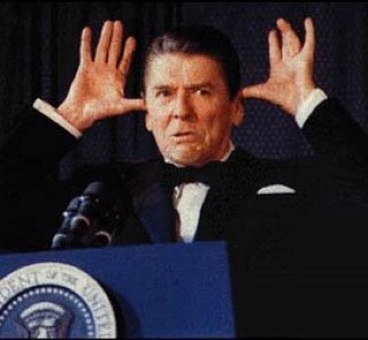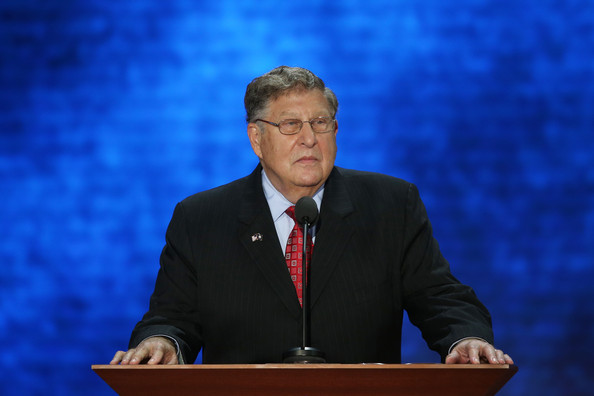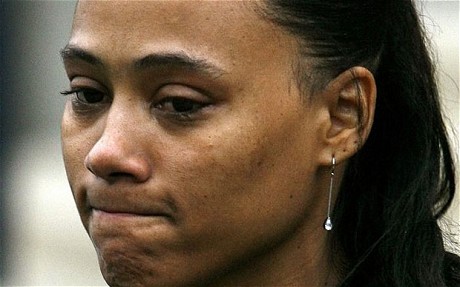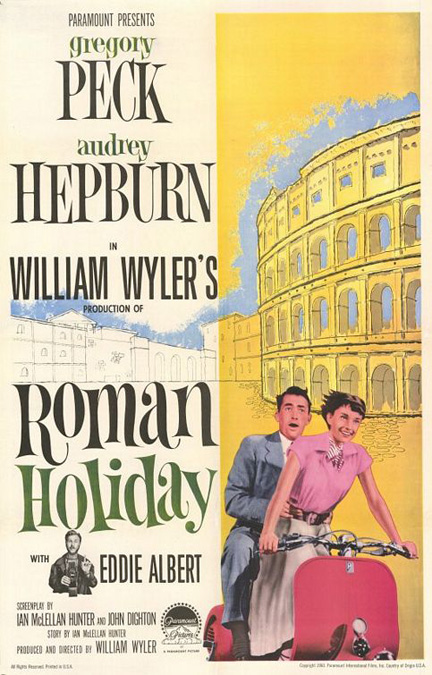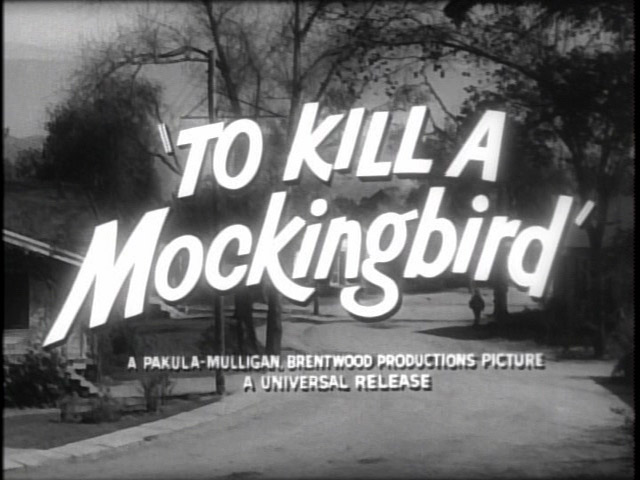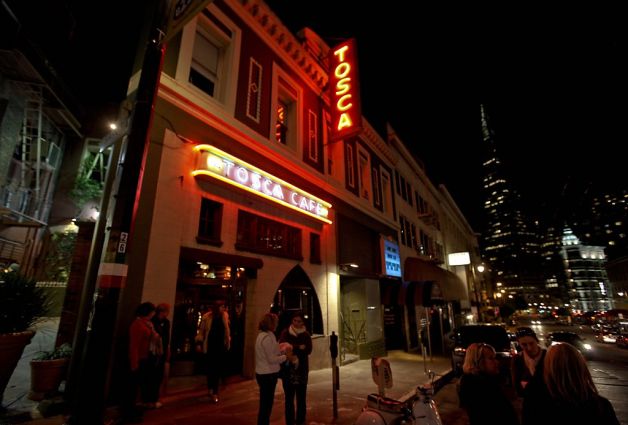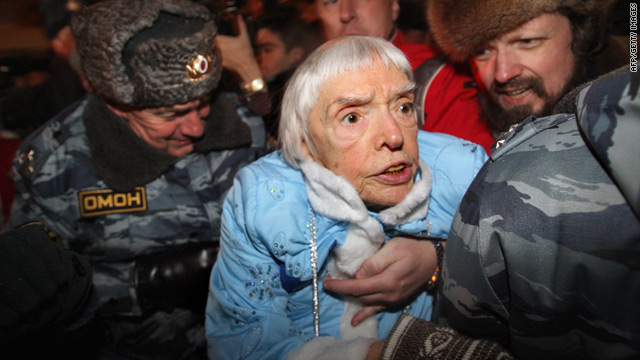
As you approach, you can feel it. The 1960s-era building oozes pain and discomfort. This is no place of peace. Many walk in; fewer walk out. Eyes are cast downward. Shoulders slumped forward. The pace, hesitant. No one really wants to enter San Francisco’s Hall of Justice. Not the people appearing for trial. Not the police and sheriff’s deputies. Certainly not the people, like myself, who have been ordered to report for jury duty this morning.
There is no real edifice, no welcoming lobby. You enter through swinging doors of smudged and dirty glass and enter the line for security screening. Off come belts, out comes pocket change. Bags pass through X-rays.
And into the elevators. Other potential jurors, defendants, box-toting lawyers, bailiffs with their morning coffees in paper cups. Dim and flickering fluorescent lights. Bumpy and jerky ride to the 3rd floor.
Out and left down a dark corridor. Decades of wear have grooved, rutted and marked the floor’s dingy linoleum. The walls of dark grey marble reflect oddly distorted images of the people walking by.
We line up to check in, and it’s quite a line. From the door to Room 307, down to the end of the hall, back the entire length of the opposite wall clear back to the floor’s elevator lobby. They must be expecting heavy business, I think to myself.
Enter the jury assembly room and be seated among the already packed rows of chairs all facing the door. Everyone facing the same way, with the same glazed expression, creates an odd effect. Noisy and busy with people leafing through magazines and catalogs, reading crappy paperbacks, or squeezing in a few minutes of work between obligatory moments, when such isn’t permitted. Too noisy to really concentrate but not busy enough to be fun people watching.
Quiet, please, for the orientation video. Just as on airplanes during the safety video, more than half the room’s people never look up. They’ll be the ones asking questions later, I bet.
Then, the reading of the rolls. Names mispronounced, garbled, mangled. Groans along with the calls of “here” and “present” and “yes,” just like on the first day at a new school. Scanning the room for familiar faces. I spot a few. No friends, though.
Waiting.
The names read, again, to assign us to courtrooms. Those who’ve been through the process before know this is the truly excruciating part. Maybe 100 potential jurors will go into Department 20 with me. (Why are courtrooms called departments, anyway?) We sit in the audience (not the correct name, I’m told) and wait longer.
The room is poorly lit. The walls are covered with taped-up, handwritten notes. Where not to park. Court holidays. Earthquake plans from the 1980s. Important phone numbers in 8 pt type.
After long inaudible conversations between the judge and the lawyers and, frankly, just about everybody else at the front of the courtroom, the rotund and wheezy bailiff calls us into session. Endless boilerplate about the sanctity of trial by jury, the role of jurors, the process by which a jury is selected. We are told that we cannot read, cannot be on electronic devices, cannot write.
A group of us are brought to the front to be interviewed. The general questions asked all prospective jurors – in what neighborhood do you live, what do you do for a living – at least provide a quick and not uninteresting snapshot of the city.
Then, the judge asks people who feel they cannot serve to identify themselves. A long (And when I say long, I mean looooong.) line forms to talk with the judge about lack of language ability, childcare, financial hardship, various religious exemptions. Some are excused quickly. Others interviewed at length and are sent back, sulking, to rejoin the rest of us. This seems to take forever.
But when the lawyers start to pose more specific questions, the torture begins in earnest.
The same, sometimes very detailed and convoluted questions are asked again and again, literally, hour after hour. And it is clear at once which prospective jurors are trying to make the jury (“Oh, yes, I could be fair to an accused serial murderer of children.”), and which are trying to clear out as quickly as possible (“My second cousin’s high school boyfriend was a cop, so I would be more likely to trust the testimony of a police officer.”).
The process takes forever.
And there is no escape.




